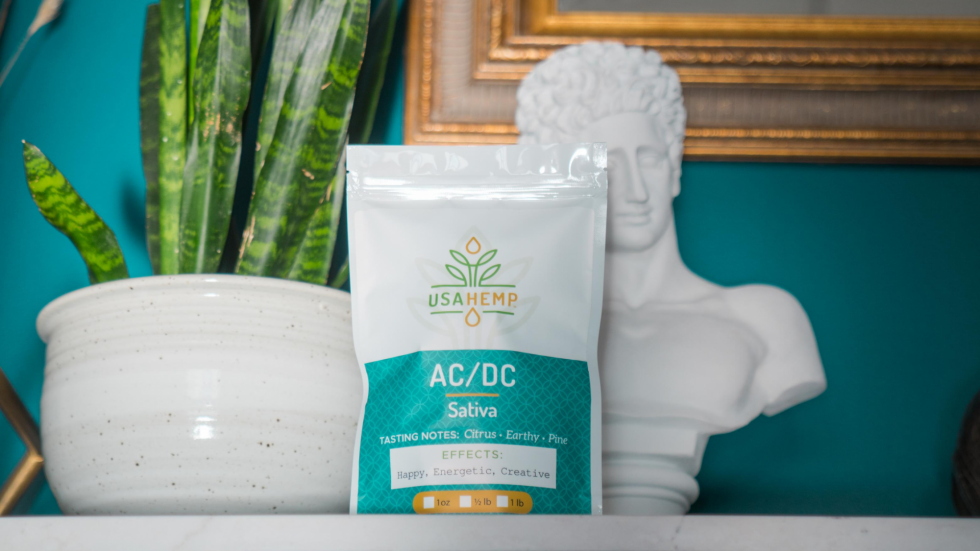
What are the similarities and differences of hemp and CBD?
The cannabis industry absolutely exploded in the last couple of years. There are hundreds of years of history surrounding marijuana and cannabis use. The legality and acceptance of these plants experienced a rollercoaster over the last century. In the last few years, with the legalization of marijuana in some states, and the decriminalization of industrial hemp on a federal level, cannabis products flooded the market. Many people find themselves wondering about the properties of CBD oil versus hemp oil. The terms and numbers around all the different products can be dizzying. Do you need CBD flower, a hemp roll-on, or something else entirely?
Which one is right for you and which one you will want to use will depend on a variety of factors. This includes but is not limited to:
- the legality of each in your state
- your comfort with using trace amounts of THC
- the severity of your conditions
- and desired intended effects
Understanding the difference between CBD oil and hemp oil will help you understand what products are right for you.

The Quick History of Cannabis
Cannabis has thousands of years of historical use. Cannabis has a variety of uses, both medical and industrial, which have been known for centuries. For example, did you know that George Washington grew hemp? It has only been within the last century that cannabis and hemp received a bad reputation, declared illegal by the US government, then decriminalized again in most states.
The history of cannabis use stretches back as far as four millenia. Ancient people, and your not-so-distant ancestors, used the cannabis plant medicinally, spiritually, and as a vital textile fiber. In the nineteenth and early twentieth centuries, strains of the cannabis plant with a high THC content, capable of intoxication, became more popular in Western society. The United States outlawed cannabis in 1937, largely due to racial prejudice and misconceptions about the effects of marijuana. Cannabis and CBD continued to gain popularity, despite being outlawed. The last two decades saw recreational and medical marijuana approved in certain states, but not legally. In 2018, a Farm Bill decriminalized industrial hemp with a THC content of less than 0.3%. Now, the work to increase access to CBD rolls on in some states. However, some states want to restrict it.
What Is CBD and Hemp?
The cannabis plant consists of a variety of cannabinoids, which are beneficial molecules and oils that bind with the body. They work to promote certain biological responses and to reduce others, such as pain. CBD and THC are both molecules that bind with the endocannabinoid receptors in our bodies’ endocrine system. Cannabinol, or CBD for short, is the molecule contained within the cannabis plant with many potential benefits.
It binds with your body without the intoxicating effects of THC. THC is short for tetrahydrocannabinol, and is recognized as the psychoactive component of cannabis. Once bound with the natural endocannabinoid receptors, scientists believe thatCBD sends signals through the body’s endocrine system. These signals can assist with a variety of neurological and physiological symptoms. There are over 150 current studies looking into the benefits and effects of CBD, and new information frequently arises.
It is important to keep in mind that marijuana and cannabis are not the same things and that there is a distinction between the two. CBD oil derives from hemp cannabis plants, which contain only trace amounts of THC if any. THC is the psychoactive component of cannabis and illegal on a federal level still. Hemp products will usually contain CBD, but referred to as “hemp” if there is 0% THC. Hemp products that contain no CBD or THC, but still have some beneficial plant materials and terpenes do exist as well.
CBD Oil vs Hemp Oil
When searching for what CBD pod or hemp salve you want to try, the information-packed labels and small nuance differences between terms is extremely confusing for new and experienced users alike. When purchasing anything, especially for the first time, check all the ingredients. For example, with a CBD roll on, look to see what items the CBD is mixed with and if it is safe to use. You also always want to check for testing and lab reports on the website to ensure purity and a reputable source of pure CBD or hemp oil. CBD is made from the hemp cannabis plant, and the terms can somewhat be used interchangeably. However, there is a difference when it comes to CBD oil versus hemp oil. This is especially important when it comes to legality in your state.
CBD oil is often made from the full cannabis plant and referred to as full-spectrum when it contains THC. Broad-spectrum hemp oil will normally have no THC, but still contain a high level of CBD. How CBD oil is made is crucial to the final product ingredients and quality. Hemp oil, on the other hand, is normally just made from the seeds of the plant and is normally not restricted in any state within the United States.

